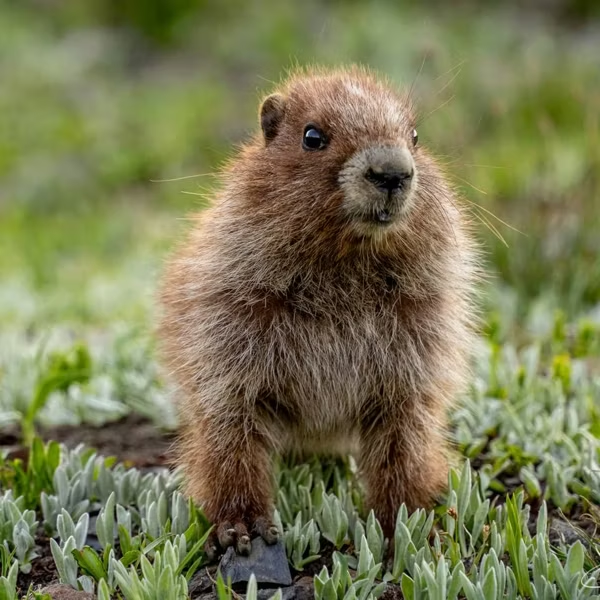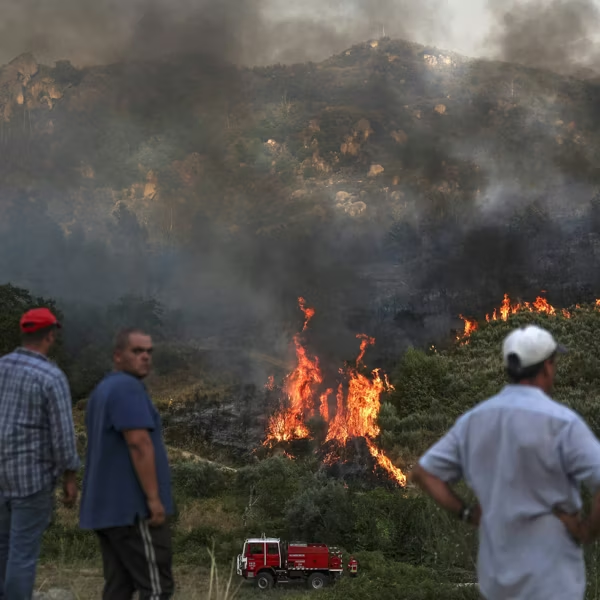Human activity, from the razing of forests to the spewing of carbon, has imperiled large swaths of the plant kingdom, according to a landmark survey of the world's flora published Tuesday.
The State of the World's Plants (pdf) report "provides, for the first time, a baseline assessment of our current knowledge on the diversity of plants on earth, the global threats these plants currently face, and the policies in place and their effectiveness in dealing with these threats," according to scientists at the Royal Botanical Gardens (RBG) in Kew, London.
Culling from three previously-existing databases, the botanists estimate that--excluding algae, mosses, liverworts, and hornworts--there are 390,900 plant species worldwide, of which approximately 369,400 are flowering and about 31,000 have a documented use for medicines, food, and materials.
And they find that fully one in five--21 percent--is at risk of extinction due to threats associated with climate change, land-use change, invasive plants, and diseases.
As the Guardian reports, "the biggest factors threatening plant species with extinction are the destruction of habitats for farming (31%)--such as palm oil production and cattle ranching--deforestation for timber (21%), and construction of buildings and infrastructure (13%)."
While the botanists found global warming currently playing a smaller role in species-extinction (4%), they note that "the true impacts of climate change might not be seen for some time."
"[B]ased on what is known about plants' environmental tolerances and the predicted climate change by 2050...models predict that many plant species may be on 'borrowed time,'" the report reads. "These models predict that suitable climate space will become so severely restricted for many species that widespread climate-related extinctions are expected."
However, the news from Kew isn't all bad.
The study also found that 2,034 new plant species were discovered in 2015, including a massive leguminous tree (Gilbertiodendron maximum), more than 90 species of begonia, 13 new species from the onion family, and a close relative of sweet potato (Ipomoea batatas). The global assessment will now be carried out annually, allowing scientists to monitor how plants are changing over time.
"Given how absolutely fundamental plants are for human well-being, for food, fuel, climate regulation, it's pretty important we know what's going on," said Kathy Willis, director of science at the RBG. "Unless we look at this information--the knowledge gaps--and then do something about it, we are in a very perilous situation, if we ignore the thing that underpins all our human well-being.
"I do find it extraordinary we worry about the state of the world's birds," Willis added, "but we don't worry about the state of the world's plants."



